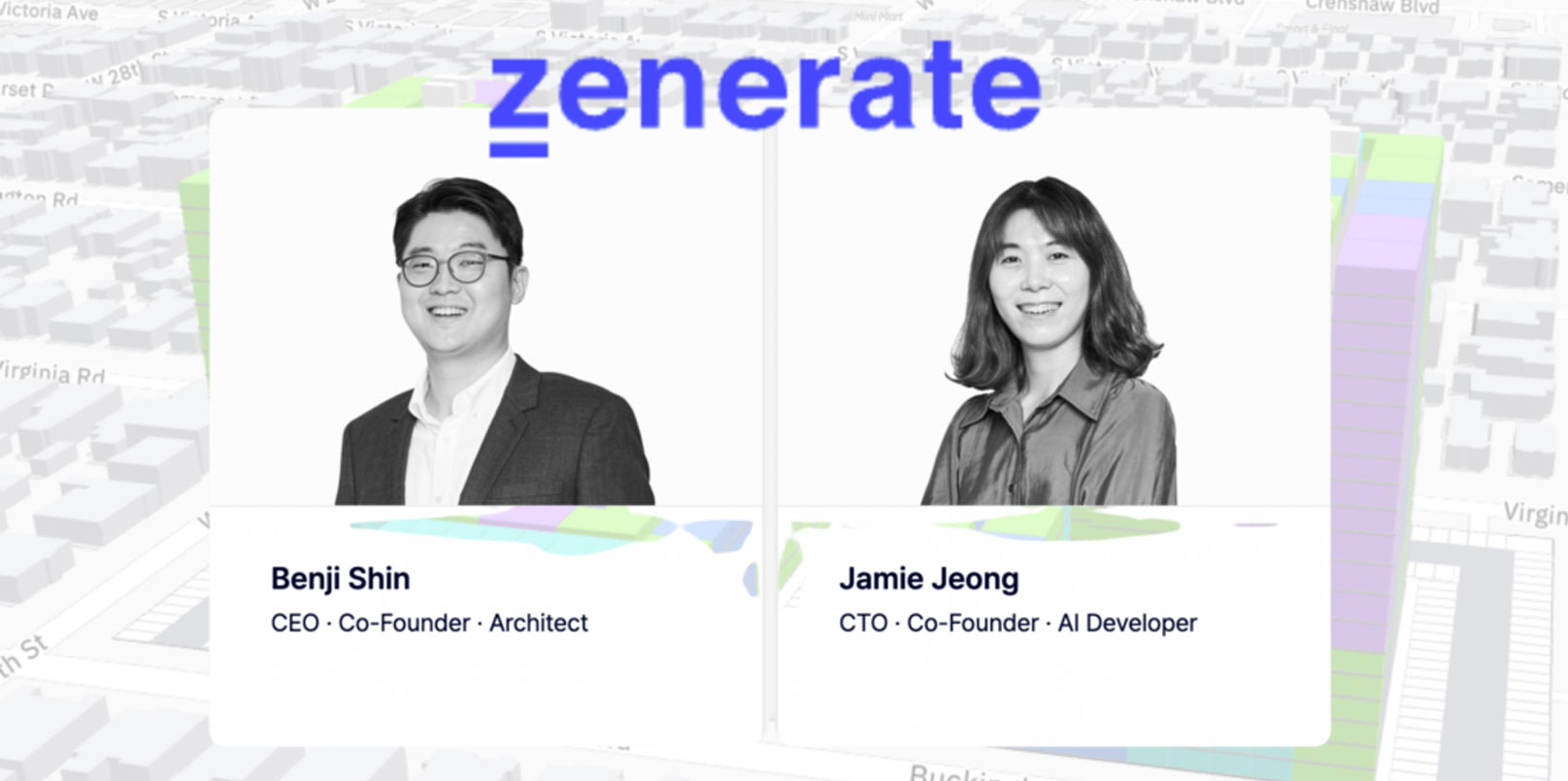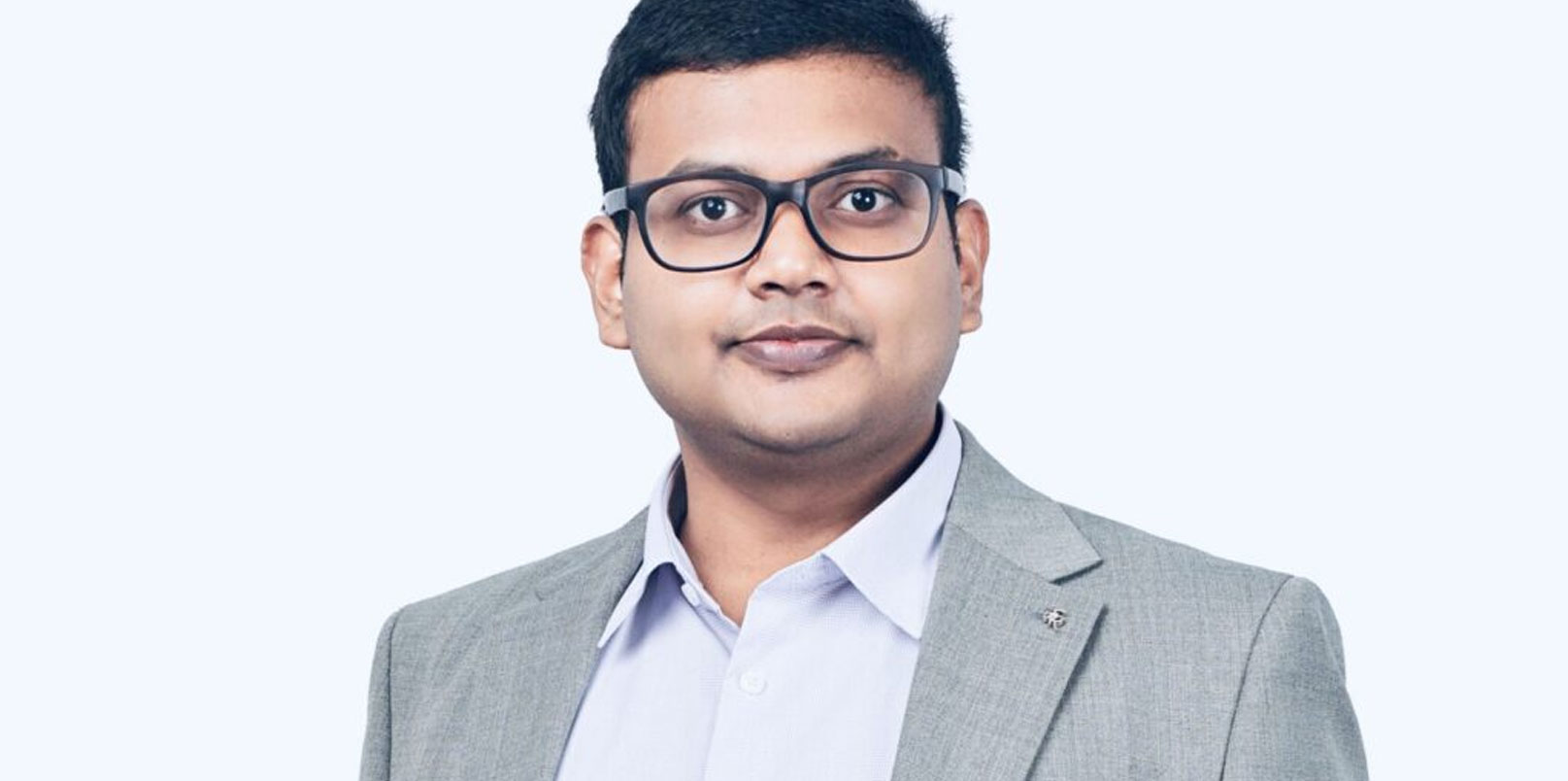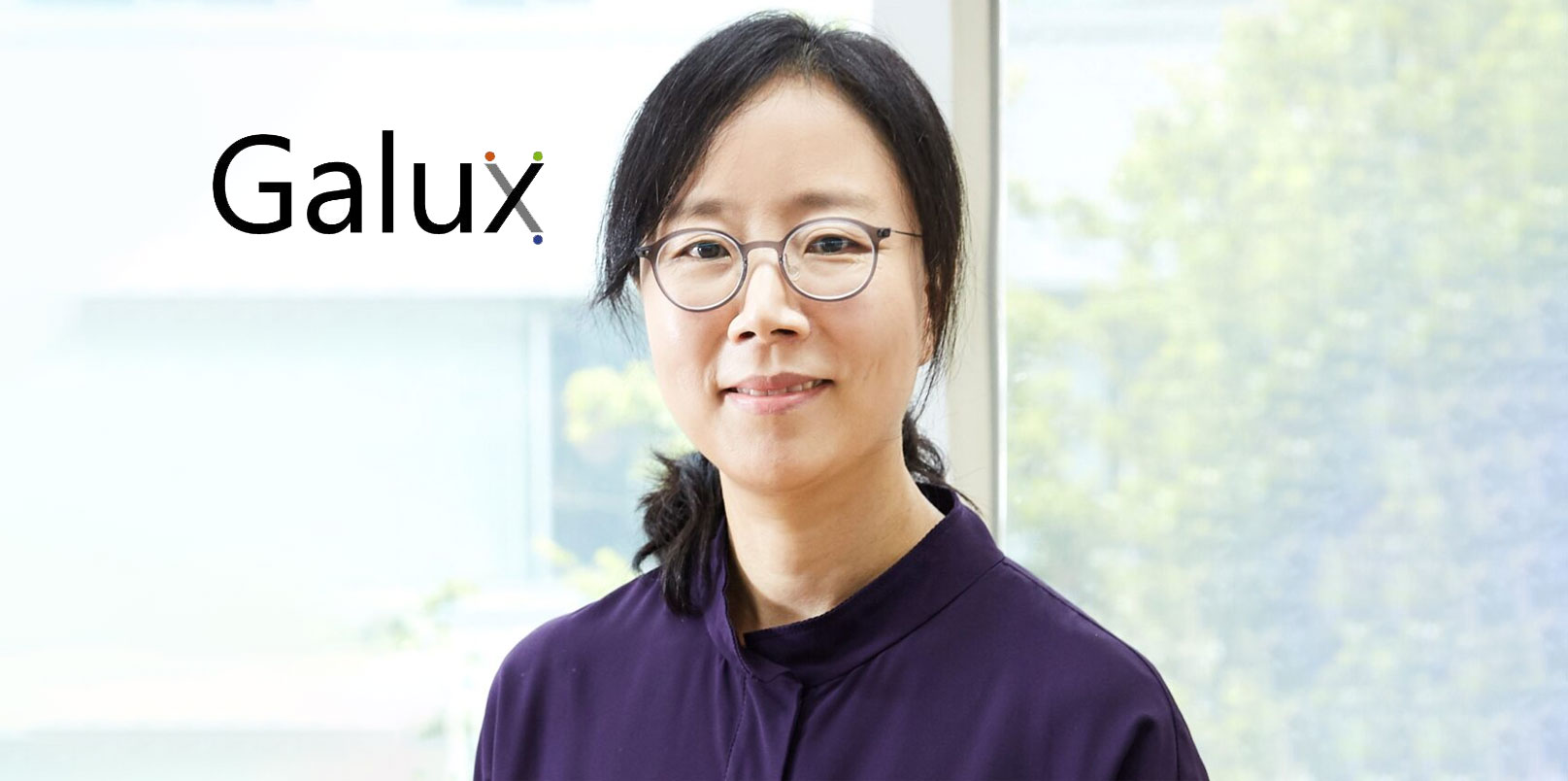Dr Eric Weber, the CEP and Founder of SpinLab – The HHL Accelerator, believes in the power of energy, smart city (including mobility) and e-health. His venture SpinLab The HHL Accelerator supports innovative founding projects. The accelerator program supports a startup’s entrance to the market through providing funding, infrastructure, mentoring and networking service.
Dr Weber was working for the energy sector prior to entering the startup industry and hence his inclination towards energy sector startups that can provide innovative solutions for a smarter future.
Prior to his current position, Dr Weber was a research associate and startup consultant at HHL Leipzig Graduate School of Management. He had worked in sales at ECG Erdgas-Consult GmbH and had held several positions in controlling and sales at Partner für Technik Group.
Dr Eric Weber talked with koreatechdesk.com about his accelerator and the startup industry.
1. What background and domain expertise do you have? And what made you become an investor?
We focus on energy, smart city (including mobility) and e-health. Together we call this Smart Infrastructure, meaning the societal infrastructure we need in the future. In these fields, we have an established, widespread network. Before joining the startup industry 7 years ago, I worked for an IT provider for energy companies and before that for a steel wholesaler. However, during my PhD at HHL Leipzig Graduate School of Management, I recognized that startups are more fitting to my pragmatic hands-on mentality, and I enjoy learning and seeing new things daily.
2. As an investor, what kind of startups have you invested in and how did you find those startups?
Through our accelerator, we’ve worked with roughly 60 seed-stage startups with a focus on energy, smart city, and e-health. Most are digital B2B solutions, but we also have supported B2C hardware cases. Startups worldwide apply for the acceleration program, but we can only choose a small fraction of them. With the venture fund, we are even more selective, since not every case turns out to fit the venture capital requirements of fast growth and high exit potential. For us, it is very important to understand the team know-how and dynamics, because for early-stage startups that is the most crucial thing.
3. What would be the core factors that you decide to invest in those particular companies?
We need a strong team willing to grow fast and to sell the company sooner or later. Also, we need technical excellence with a market-ready prototype, because this makes it most likely that we can leverage our network to established institutions like Porsche, German Red Cross or DELL to provide additional expertise and market entrance, e.g., through pilot applications. If we select a startup, it receives not only money but the entrance to an ecosystem which includes, for example, a physical and IT infrastructure, a great partner network in all relevant areas and access to our recruiting network among other services. So it is considerable operational support and especially for international startups, who want to conquer the German and European market, this might be very helpful.
4. What is the investment range of your venture and in a typical year, how many startups do you invest in? Do S. Korea startups headquartered in certain countries have a better chance to get investment?
Through the accelerator, we provide up to 15.000 Euro equity-free. With the venture fund, the first investment is around 150.000-200.000 Euro, but we can follow up in the next two rounds. In both cases, the support goes beyond the money, because of the services I mentioned before. However, due to regulatory issues, we invest in German and European legal forms. In exceptional cases, this might be daughter companies of international holdings companies, e.g., from South Korea. In terms of contractual language, German or English can be used.
5. What are the main factors that startups fail as per your experience and how can they prevent mistakes in advance from your personal perspective?
Usually, startups fail due to the team, if it is missing crucial expertise and if it does not have the awareness that some competencies are not available. This is the most critical thing: being stubborn, over-confident, not willing to learn and adapt and going the wrong direction despite the negative feedback they receive from market and experts. You can’t change teams like this. This is not limited to poor technical expertise. In some research spinoffs and technology-driven companies, you miss the sales talent that will conquer the market and/or the managerial expertise to hold everything together and convince venture capitalists. Here, the best tip for founders is to ask partners, trusted persons and investors directly for team feedback and learn from that. Many people would not openly tell you if the team has a problem if you are not asking directly.
Another typical reason for failure is running out of money. This usually happens if founders do not focus on early sales with liquidity mechanisms such as asking for pre-payments or even via crowdfunding. Unfortunately, many founders also underestimate the time required to close a venture capital round, which can easily add up to six to eight months between fundraising start and cash transfer.
6. What’s your advice to entrepreneurs who meet investors like you and what are the top 3 questions you always ask founders?
Founders should be very open and transparent and say where they perform extraordinarily well and where they can still improve. Personally, I don’t like those over-sellers who sell themselves as new Facebook but have a rather low traction. So first, we always are for current traction and status of market interest. Second, we want to know how the team met and why they own any special knowledge or other advantages that no competitor can copy easily. Third, we quickly ask for cap tables, because often this is a K.O. criterion, e.g., if significant shares are blocked by non-founders such as research institutes, professors, agencies, external advisors or strategists.
7. What’s your general thought about the term “global” and what are the important criteria for Korean startups to consider for an EU expansion?
We believe in a global market and a lively world with various cultural backgrounds. However, lively also includes ecological aspects and especially for environments to the globalization of industry, goods transport, and human mobility. So global activity requires global rules and basic understandings, also in the fields of environmental protection or human rights. So within the EU, Korean startups will find one of the world’s biggest single markets with similar rules. The EU is – despite all problems – still a powerhouse with innovation and high tech, but also with talent, e.g., the number of IT developers living in the EU outperforms the number of developers in the US and China. However, the EU countries must work hard to keep this status and reduce bureaucracy.
8. Our company name is “beSUCCESS”, what’s your definition of the term “success” as an investor or as an individual human being?
As investors, we must consider the returns. Interestingly, within the accelerator, we are more flexible since we do not take equity shares. So for the accelerator, a company that works well, survives and make the entrepreneur happy can be considered successful, although it may not be a great commercial benefit.
As a human being success begins when your environment including your family and friends but also society can have a better life because of your acitivities.
9. What are the one or two things you would do differently if you could go back to 10 years ago?
I would have loved to stay in a foreign country for a longer time. I’m traveling a lot, but I never left Germany for longer than 2 months. There was always something to do here.
10. When you come to Korea next time, what kind of Korean entrepreneurs and startups you want to meet?
We will meet all seed stage founders especially in the fields of energy, smart city, or e-health or any startups that develop technology to be adopted in those industries.





